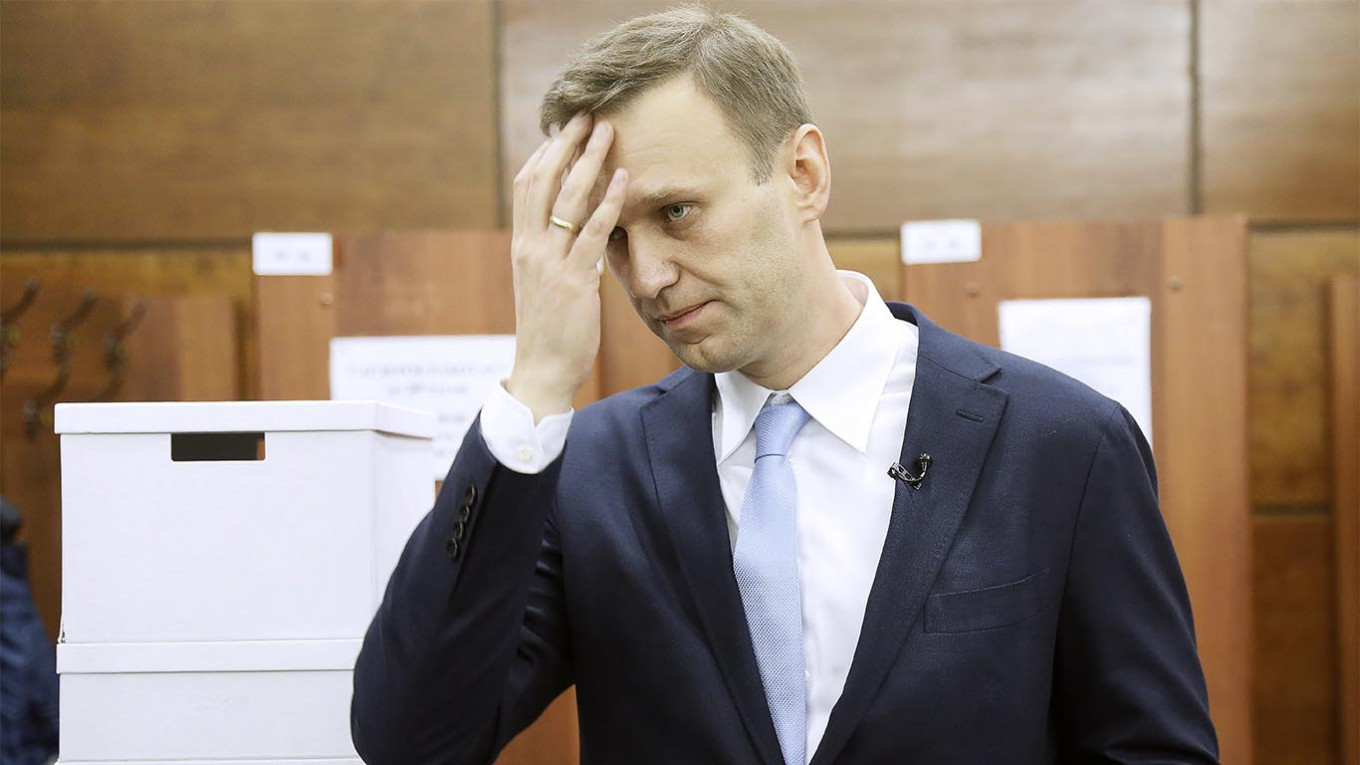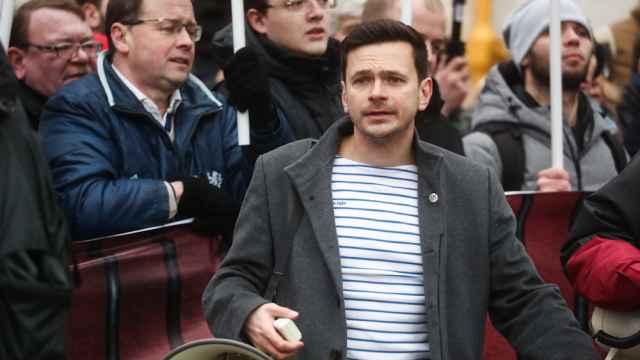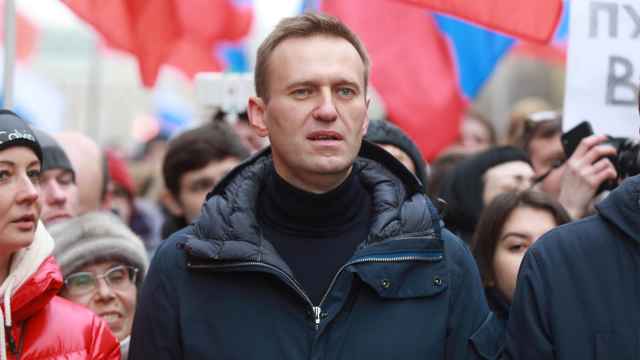Once again, Bellingcat and The Insider have lifted the lid off the Russian security state, with a detailed investigation of the FSB team that, according largely to flight and telephone logs, shadowed Alexei Navalny right up to his poisoning in Tomsk.
This allows us to be rather more definite about the role of the state, and in the process suggests some alarming conclusions about the mood of the late Putinist Kremlin.
It is also, one should note, another striking demonstration of the degree to which vast amounts of classified or simply private data is available in Russia.
In a time when too much Russia coverage in the West is reliant on anonymous “intelligence sources,” tired stereotypes and recycled old news, the activities of “citizen journalists” such as Bellingcat and fearless local investigative journalists demonstrate how it is still possible to penetrate the shrouds of state secrecy, given time, passion and imagination.
A state hit
First of all, while detractors will no doubt claim this is all forgery and make-believe — and if so, presumably they will quickly be able to prove this? — the meticulous investigation does make it virtually impossible to consider the poisoning anything but a state operation. The corollary, of course, is that this was approved from the very top of the system.
That Navalny would be under surveillance is hardly surprising.
However, instead of specialists from ORU, the Operational Investigative Directorate of the Second Service is the Service for the Protection of the Constitutional System and the Fight against Terrorism (SZKSiBT) — which generally handles this kind of activity with a political dimension — he was being stalked by a team including medical doctors and chemical weapons specialists operating out of NII-2, the FSB Criminalistics Institute. While having a genuine role in specialist forensic investigation, NII-2 is also widely regarded as a cover for the FSB’s poison laboratory.
Medical doctors are not generally used as surveillance operatives.
Indeed, in general, none of this is something that would be done lightly or without intent. The scale of the surveillance operation the Bellingcat/Insider inquiry has uncovered is as expensive as it was intensive, especially as it probably would have been run in parallel with a regular ORU operation.
Operational security generally means neither team would necessarily be made aware of the other — especially as NII-2 is part of a separate FSB Service, the Third.
I will confess that when the news of Navalny’s poisoning first broke, I found it hard to believe that this was at the Kremlin’s behest.
As he himself had often said, he seemed more dangerous to the government dead than alive. For all the hype about a “murderous Kremlin,” it actually seems to have regarded assassination as the last option, not the first, and above all reserved for those, from defectors to Chechen rebels, considered outright traitors.
Almost anything is for sale or rent in Russia, and even novichok is by no means impossible to brew in a commercial laboratory. Given that we have already witnessed cases in which grandees sure of Putin’s subsequent approval or at least acquiescence prosecute their own murderous vendettas — the killing of Nemtsov being the most obvious case in point — then the possibility existed that it was someone else, someone rich, powerful, well-connected and morally-bankrupt (alas, Russia has too many who meet these criteria).
The speed with which the Kremlin moved into full defensive mode, though, was the first strike against this theory. After all, in cases like Nemtsov’s, at first it launched a serious investigation.
The second, and more serious, was the German revelation that a new variety of novichok, one not yet encountered, had been used. It would be one thing for commercial chemists to create known variants, but not create strains of their own.
The Bellingcat/Insider investigation is the third, and surely final confirmation. Individual FSB officers, even cabals within the service, engage in their own feuds and corrupt schemes.
As the case of the so-called ‘Sechin’s Spetsnaz’ within the FSB’s Sixth Security Department revealed, whole sections can be suborned by outside interests.
However, there is both a clear etiquette about the limits of such actions and also bureaucratic controls on just how far anyone can wander off-reservation.
No maverick general could or would go after as high-profile a figure as Navalny without clear orders coming down the chain of command.
New rules of engagement
So what made Navalny, who has faced sporadic pressure and attacks for years, but in the main allowed to operate, suddenly unacceptable?
One could speculate about his "Smart Voting" initiative, in the lead-up to the local elections, which certainly did cause some concern for United Russia. Or suggestions of a tie-up with other opposition groups, even the Communists. However, these do not seem so threatening, so different, as to explain anything themselves.
Instead, the alarming possibility is that they mark a paradigm shift on the Kremlin’s part.
Maintaining the appearance of genuine politics, of not just the zombie “systemic opposition” parties but also a degree of grassroots activism and civil society, has been an integral aspect of how it manages the country.
This is no Stalinism, not even a Chinese-style one-party state.
Instead, it is, appropriately enough, a hybrid system, with a small amount of real democracy and a larger helping of fake democracy, mobilized to make oligarchic authoritarianism both more efficient and more tolerable.
In its own terms, it has more or less worked for years. Yet above all this year we have seen more and more signs that the old men in the Kremlin and Old Square (the Presidential Administration), to say nothing of the big grey building on Bolshaya Lubyanka Street (the actual headquarters of the FSB these days), are getting more worried, more intolerant, and less imaginative.
Putin’s clumsy constitutional answer to the “2024 question.” Draconian new “foreign agent” legislation. Blatant irregularities in the constitutional vote and the regional elections. Purges of governors and other officials, with even less thought than usual about local sensitivities, of which the Furgal case is only the most extreme example.
All of these suggest a retreat into what Andrei Kolesnikov has called ‘bunkerisation,’ a less agile, confident and inclusive approach to government.
Maybe there was a belief that Navalny was being groomed or supported by Western intelligence agencies, which may have made him a “traitor.” However, it could simply be that the red lines of permissible opposition had changed, and the adroit operator who until then had always managed to stay on the right side of those lines (such as by not going after Putin or his family), was suddenly fair game.
A Message from The Moscow Times:
Dear readers,
We are facing unprecedented challenges. Russia's Prosecutor General's Office has designated The Moscow Times as an "undesirable" organization, criminalizing our work and putting our staff at risk of prosecution. This follows our earlier unjust labeling as a "foreign agent."
These actions are direct attempts to silence independent journalism in Russia. The authorities claim our work "discredits the decisions of the Russian leadership." We see things differently: we strive to provide accurate, unbiased reporting on Russia.
We, the journalists of The Moscow Times, refuse to be silenced. But to continue our work, we need your help.
Your support, no matter how small, makes a world of difference. If you can, please support us monthly starting from just $2. It's quick to set up, and every contribution makes a significant impact.
By supporting The Moscow Times, you're defending open, independent journalism in the face of repression. Thank you for standing with us.
Remind me later.








